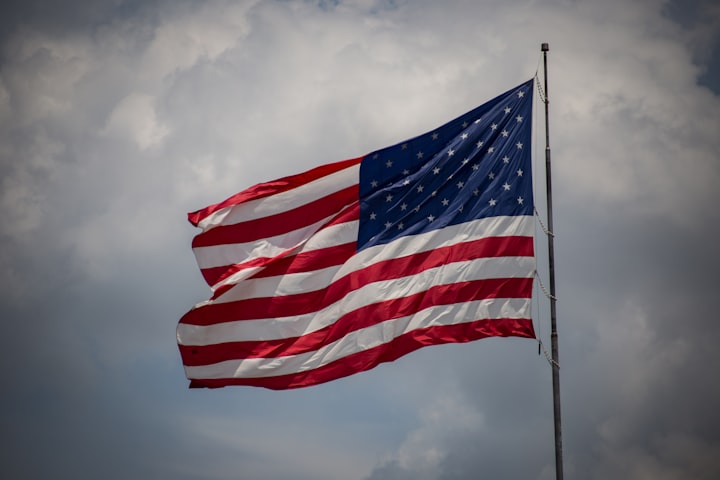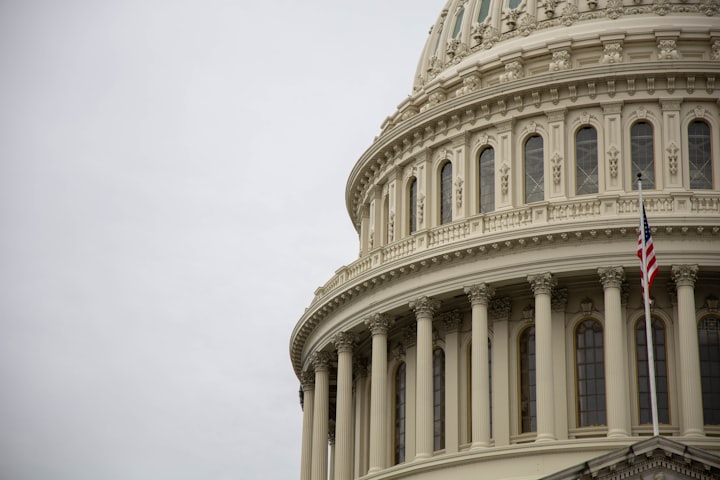Why denial over slavery is unpatriotic.
Why America needs to broaden its definition of patriotism.
I believe that if I were to hold a spontaneous quiz about the substance of the 1619 project and ask Trump supporters to articulate any of the goals associated with this project, they would fail. The vast majority would likely describe the project as anti-American, a sustained effort by American academics to taint the purity of American exceptionalism. Few are likely to be concerned about the extent to which institutionalized slavery profoundly shaped and continues to affect contemporary social institutions.
For the record, I have not read the content associated with the articles printed by the New York Times Magazine as part of their effort to address the gaping gaps in American history that have consistently minimized the extent to which slavery has shaped our nation. My decision to write this piece does not stem from a desire to argue with historians over the technical accuracies of their claims. Given the reputation of the New York Times for editorial accuracy and consistency, I am prepared to accept that the authors associated with Project 1619 have done their due diligence. I am equally prepared to believe that should the authors fail in their editorial duties that they will be held accountable by the editors of the New York Times.
As indicated before, my concern is not with those who would quibble over obscure references. My concern is with those who suggest that to examine the role of slavery as a seminal agent in the development of our country is unpatriotic, who have suggested that generations of children would be unable to distinguish the concept of accountability from blind hatred. President Trump may be the most famous of those who oppose the use of the 1619 project, but he is not alone in his thinking. The President's ability to encourage others to adopt his stunted view of patriotism can be linked to the corrosive effects of American Exceptionalism, a form of patriotism that is noteworthy for its intolerance of ANY criticism that undermines the concept of America as a country without faults.
America is certainly not alone in its refusal to acknowledge it's political or social challenges. Almost every superpower has undergone periods of social denial in which their respective governments took steps to censor political critics by co-opting the concept of patriotism. Woodrow Wilson knowingly stampeded the rights of millions of Americans who were opposed to the First World war. Governments in the Soviet Union found no more moral contradiction in punishing members of the proletariat who question unethical behavior by members of the central committee. The stifling of political through the invocation of a perverse form of patriotism is a malignancy shared by most advanced countries.
Until voters find the collective courage to demand a definition of patriotism that includes concepts such as social justice, the term itself will have little meaning. A collective refusal to embrace a definition of patriotism that affords us the collective courage to address our transgression will reduce the term patriotism to little more than a tome. We will continue to cite the concept of patriotism in casual conversation. Politicians will continue to invoke it when feeling insecure about their standing in the polls, but the ability of the term to move individuals to act in a way that better our nation will be lost.
In the final analyses, the concepts of denial and patriotism represent irreconcilable values. One cannot be a true patriot while denying the need to understand how the obscenity of slavery shaped our nation. Conversely, one cannot be in denial while simultaneously claiming to see our nation for both its strengths AND its weaknesses. The notion of reinventing America has demonstrated longevity and utility because those in leadership positions have understood the efficacy in challenging voters to grapple with the challenges of their day. President Kennedy's call that citizens should mobilize themselves in addressing the nation's challenge was not an endorsement of intolerant nationalism but rather a rallying cry to voters seeking to become involved in the perfection of our union.
President Kennedy had his faults, but at his core, he understood that patriotism was qualitatively different from the putrefaction that often arises when a countries embrace nationalism. Kennedy understood that a denial of a society's collective problems was antithetical to the task of solving America's problem. I also believe that he would have found such arguments to be unpatriotic.







Comments
There are no comments for this story
Be the first to respond and start the conversation.